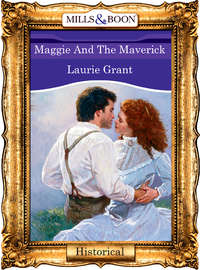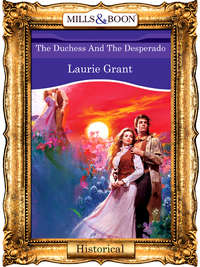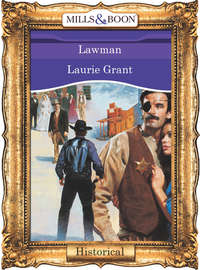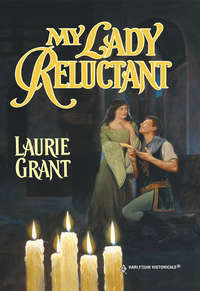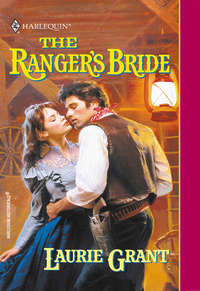Devil's Dare
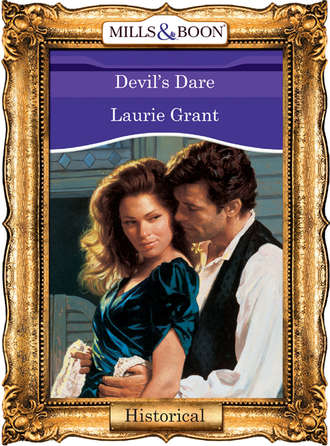
Полная версия
Devil's Dare
Жанр: исторические любовные романыисторическая литературасовременная зарубежная литературасерьезное чтениеоб истории серьезно
Язык: Английский
Год издания: 2018
Добавлена:
Настройки чтения
Размер шрифта
Высота строк
Поля
Конец ознакомительного фрагмента
Купить и скачать всю книгу

